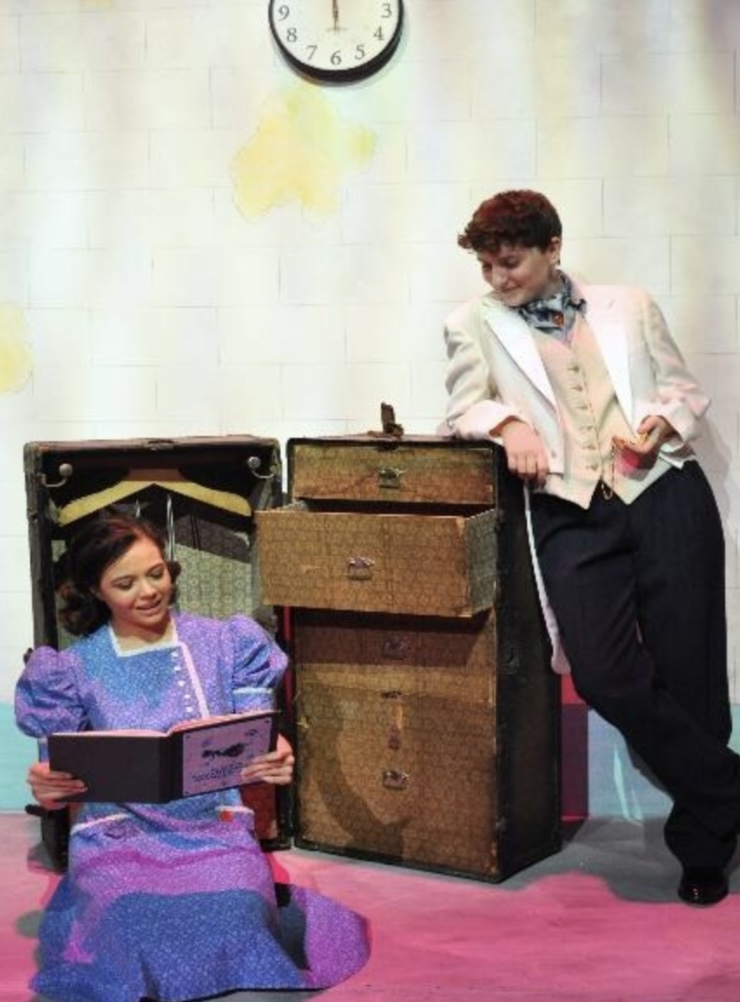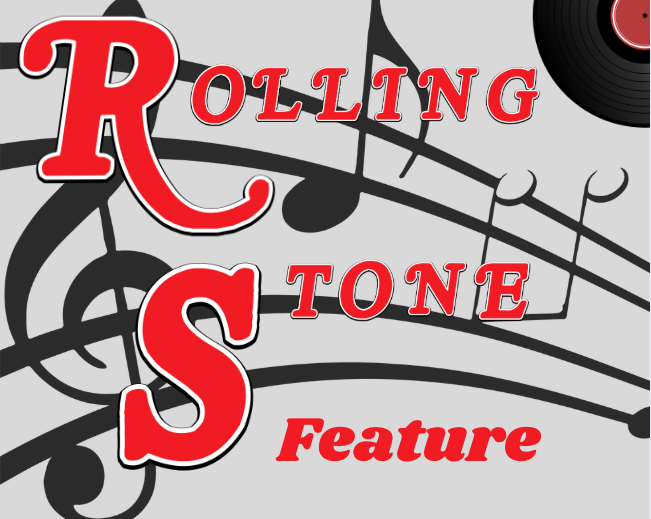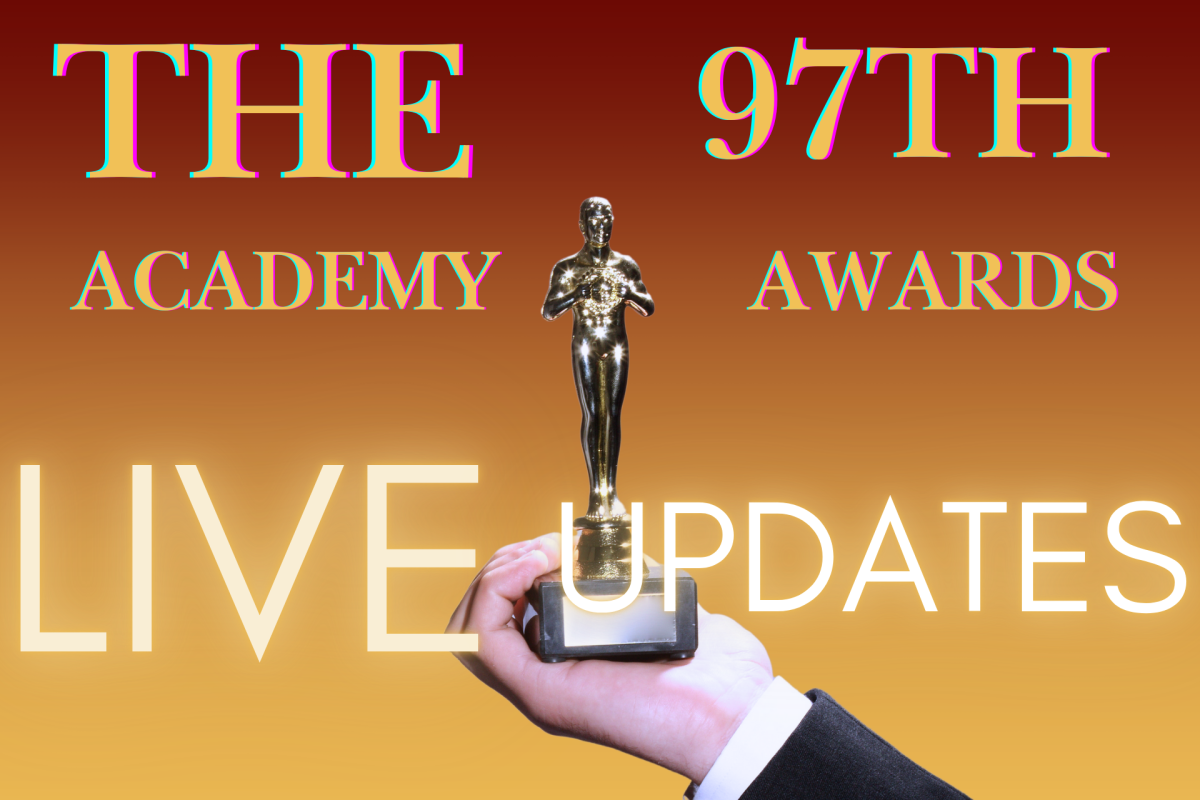Choose: Crips, Bloods, Crenshaw Mafia.
Initiation: Jump in by your homies.
Membership: Dominate your hood: drugs, prostitution, firearms, extortion — even spilling rival or innocent blood. Loyalty or your life.
Straight?
“Straight Outta Compton” depicts daily realities low-income black communities faced. I completely disagree with naive statements saying it’s a stereotype. Commentators on police treatment of blacks, or neighborhood horrors didn’t witness these problems.
There’s no question African Americans faced racial discrimination longest. I’ve heard comments spewed stating falsehoods to allegations, or it’s justifiable. No reason to discriminate someone based on any qualities other than how they present themselves. If someone’s unpleasant, then there’s a basis for dislike. Someone’s dissimilar sex, gender, religion, race or sexual orientation gives no ground supporting that hate. Wholeheartedly, I believe a colorblind world produces no racism and more peaceful communities.
Historically, L.A. black communities have been riddled with gangs, death, and drugs. Typically, each block had their own gang or several. Growing up in a Connecticut upper-middle class suburbia separated me from gang controlled streets terror and influence. I can’t imagine watching loved ones die or fearing for my life.
Racism infiltrated the police force, which I believe is the biggest gang in L.A., and many communities. Police Chief Daryl Gates took office and LAPD’s brute force amplified by encouraging them to act as a “blunt instrument.”
Without any probable cause, Gates ordered armored personal carriers to barrel through suspected crack houses and neighborhood sweeps rallying up suspicious persons. The Fourth Amendment protects us from illegal search and seizures without probable cause and a warrant. I am curious as to where the warrants for these hostile actions came from since they didn’t have constitutional right.
L.A. Times asked Gates why numerous Blacks died from police chokeholds; his response was they didn’t behave like “normal people.” Cop cars changed from “black and whites” to “black and normals.” Blatant racism stifles the actual jobs officers are sworn to do, “protect and serve.” Everyone’s safety should absolutely take more precedent than belittling and calling out communities housing different backgrounds than those with power.
Somehow, the Police felt threatened by the movie release and sent officers to premieres in South Central L.A. This film’s been in production since 2009 and holds no stock with matters currently happening and doesn’t create cop behavior.
Police should cease unnecessary violence. Production began before cop and unarmed civilian shootings became heavily publicized. This film’s about real lives and not the handful of cops making mockery of the shield. Police are suppose to operate on higher standards and be ethically culpable for actions. If they aren’t performing according to societal expectations, then they deserve the spotlight and to be discharged. We’re given the right to feel safe when police are around and not doubt their motives or conduct.
Former Ruthless Records manager Jerry Heller claims factual errors. Heller speaks out after being withdrawn from the company, clearly he’s reliable– absolutely not.
His book “Ruthless: A Memoir” isn’t a substantial source because Heller was burned by Eazy-E and N.W.A. I firmly believe a scorned employee isn’t a credible source, because payback is typical in the Betrayed Handbook.
The film cuts out Dr. Dre’s frequent physical abuse of women from his youth. I personally wouldn’t want the misery I lived through being broadcasted and further traumatizing me. Dre told N.Y. Times that his life lacked proper structure and a lot of drinking. There’s no excuse for domestic violence, but his 19 year marriage inspired him to work everyday so he “never resembles that man again.” He learned from his mistakes and that’s the noteworthy consideration. Lessons learned is a happier ending to a sad beginning rather than focusing on lapse of judgment.
The movie centralizes N.W.A.’s upcoming and doesn’t need to include every detail of everyone’s life, creating a longer movie. It’s unnecessary including scenes with no purpose to the film’s intent or scenes that further embarrass parties involved.
Dre’s alleged victims were former hip-hop journalist Dee Barnes, former R&B singer Michel’le, and one-time label-mate Tairrie B. Murphy. Their outrage was utterly displaced because they’re mad at the man Dre used to be and not because of editing problems.
This movie is breaking limits associated with Black Cinema, not for stereotypes, but for relevance and relatability. The movie’s success would’ve diminished if it’s just a cliche. Audiences could’ve watched another film; people chose this because they relate with the trials and tribulations. Someone’s suffering may differ from woes N.W.A and others faced, but faced same emotions.
People like seeing struggles spawn success.







